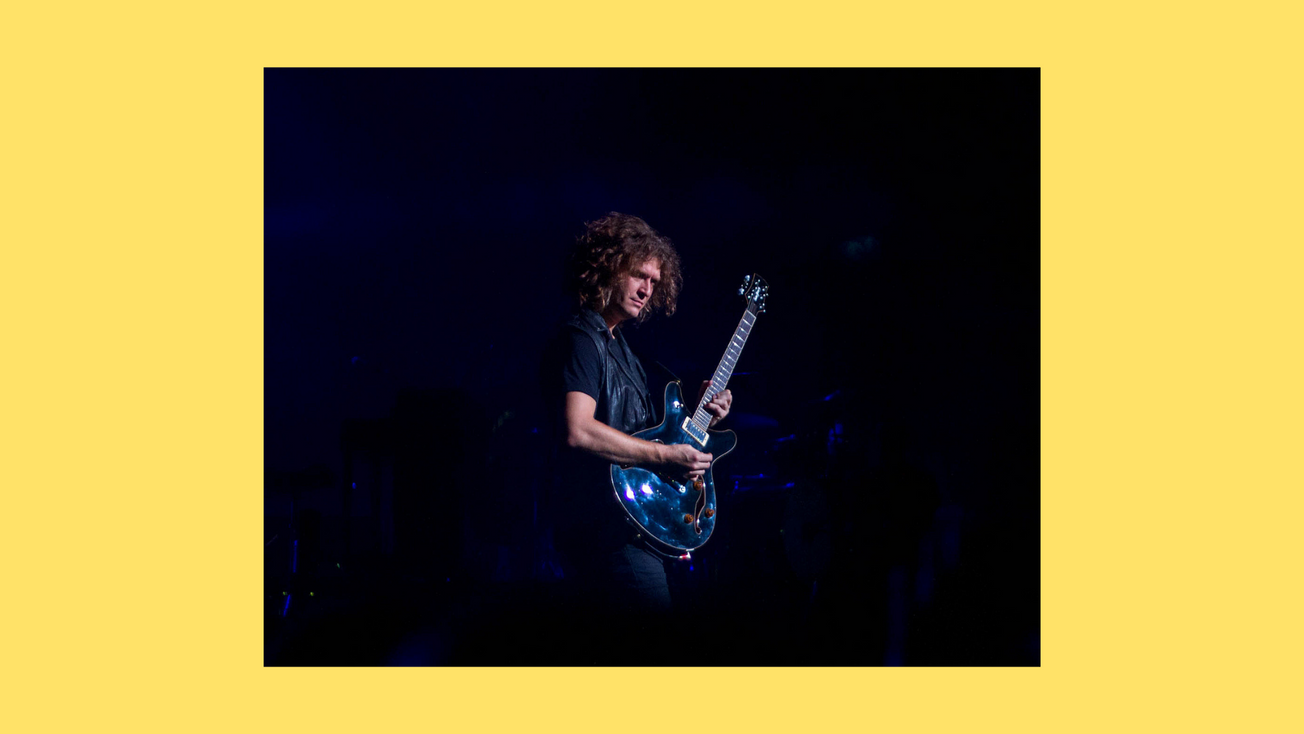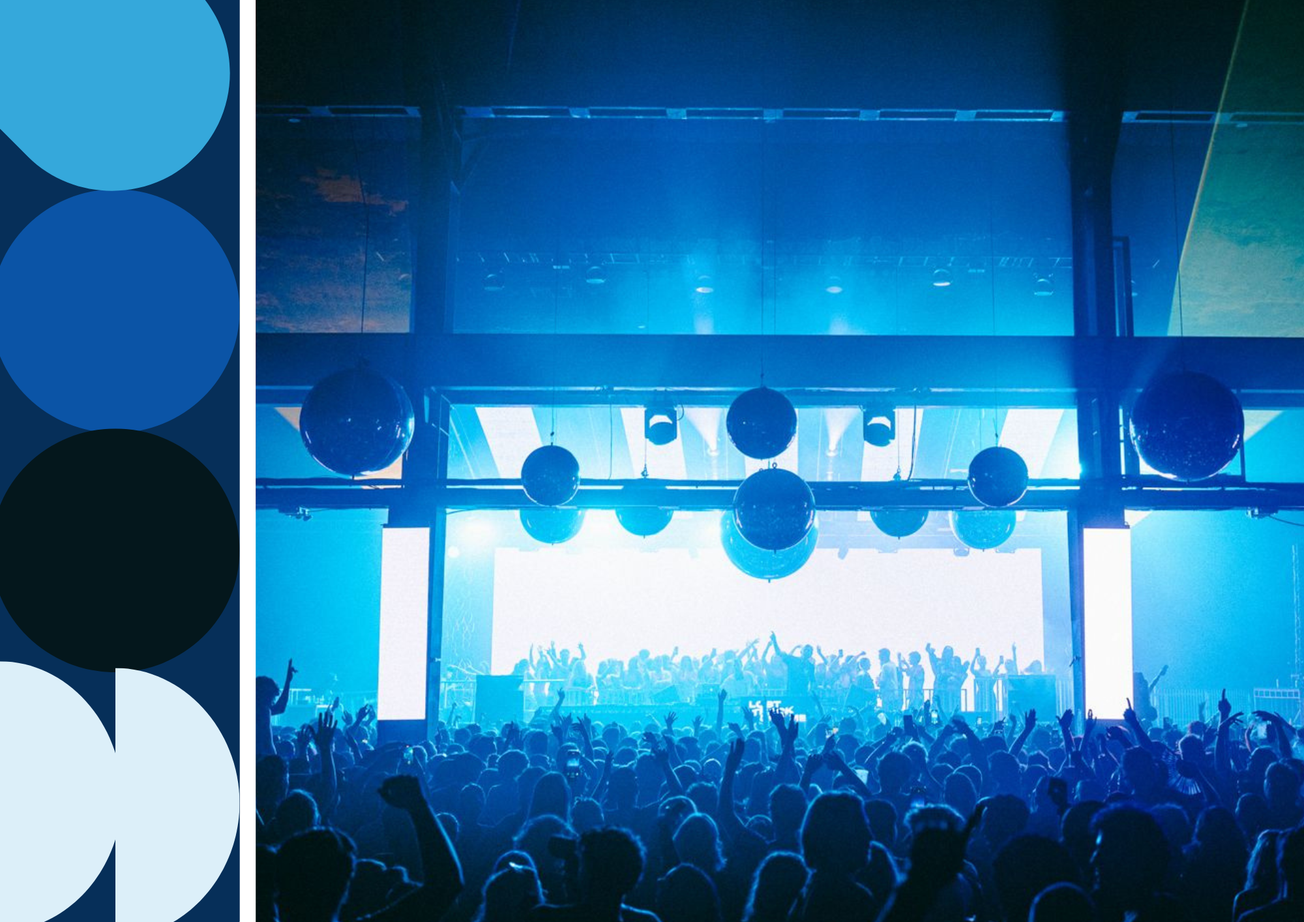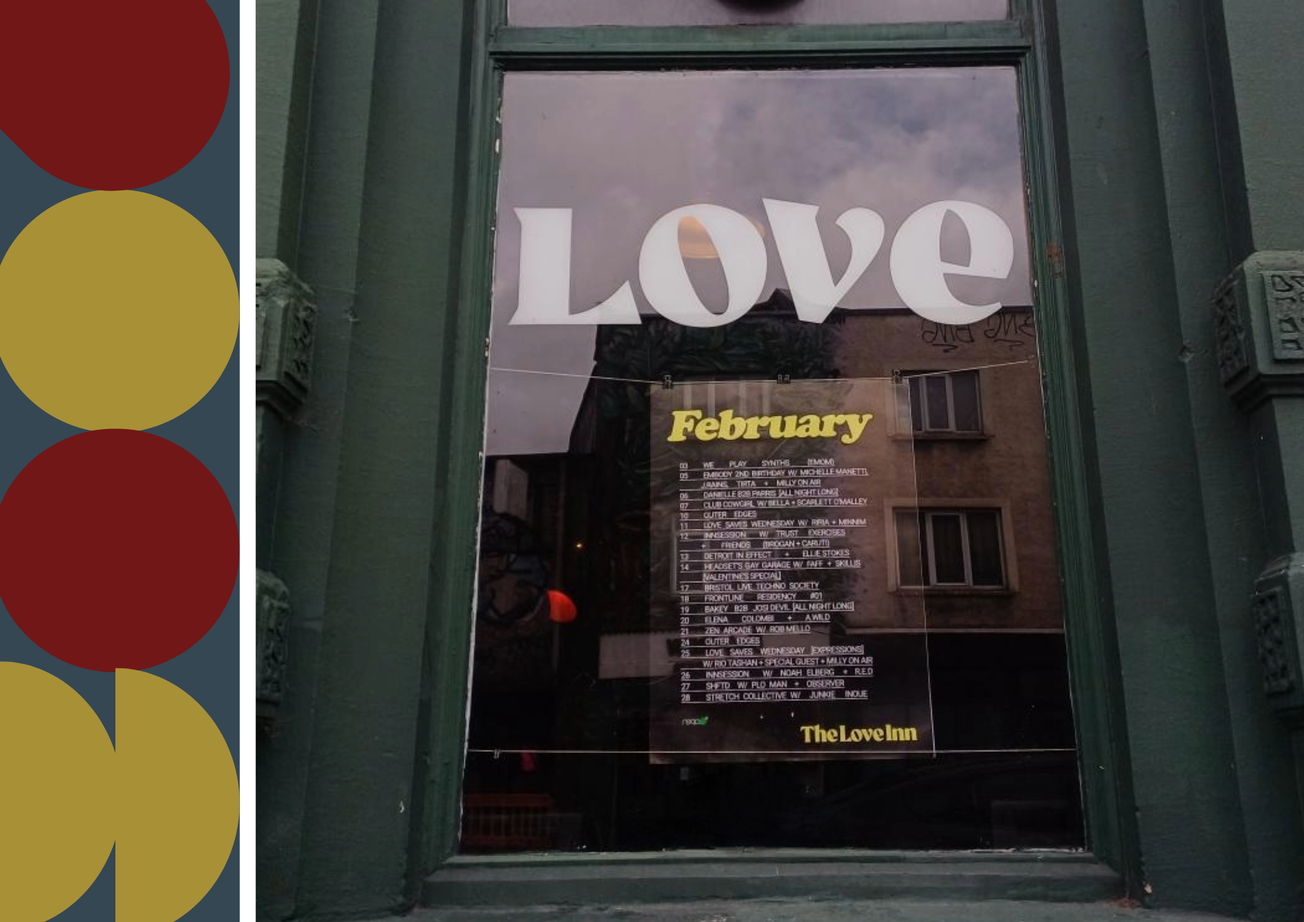By Milly Randall, First year English
'I didn’t take the hiatus to make the solo record, I made the solo record because I was on a hiatus', Dave Keuning talks to Milly Randall ahed of his Thekla show tomorrow night.
Do you think you could attempt to describe your musical journey up to this point?
It’s been a long journey, it’s had quite a few highlights and quite a few highs and lows, more good than bad, it was just like a tornado for ten years, I don’t even remember a lot of it, and now I’ve stepped back a little bit and been able to do something I’ve wanted to do for a long time.
How long have you wanted to do this for, taking hiatus away from The Killers?
For about three years, I didn’t take the hiatus to make the solo record, I made the solo record because I was on a hiatus. Because I finally had time I was able to do it - it wasn’t the reason for the hiatus. I just had time at home, I have a home studio. I would say that in one way or another I’ve been wanting to do it my whole life. The last three years, it seemed like there was an idea, I really wanted to finish what wasn’t getting used. I was never sure about singing, I’ve always wanted to do a solo album but I was pretty shy on singing.
How did space away from the band affect the writing process? Was it a distance you needed?
Yeah, I think I had time to really experiment, I had time to work on songs and explore, I have a couple of different places I work on music and I would just spend a lot of time exploring, writing, finding the right lyrics. It was relaxed, there was no one saying “It must be done by this date”. I was stress free.
Do you think your feeling of relaxation towards the process came from your experience in the industry, or because of the wanted move away from the potential stress of The Killers?
I think it’s both, I was able to get away from the band, and then make all the decisions myself, I had that creative freedom to do whatever I felt like and whatever felt good to me.
I then asked Dave about how he thought his trepidation about solo vocals, played into his live performance. He said that he had a lot of melodies already which eased the process. But now the challenge was the live performance where he would have to sing and play at the same time.
Is singing something you enjoy as much as playing the guitar, for instance now, or is it still a work in progress?
I think it’s still a work in progress, I like it a lot sometimes, but sometimes I would rather just be focusing in playing the guitar, it is easier to just do one thing. Sometimes I just get a verse when its just me singing and not playing the guitar, then it’s easier to sing, when your mind is on one thing. I’m doing a lot of juggling up there, there’s a lot of things I want to be playing in each song.
You’ve been working with the Smashing Pumpkins recently, can you talk about them as an influence, or other influences?
Well Smashing Pumpkins have been an influence for a long time, since high school. When the nineties came along I was really listening to them and Nirvana a lot. And I was listening to those guys around the time of recording too, there always an influence to play more guitar, it’s still my favourite guitar playing. Also Linsey Buckingham’s latest record, I really liked that.
What do you think the name of the album says about its content?
It’s just a word I stumbled onto. I used it for the song ‘Prismism’, I think that’s a song that lyrically represented the album well. The word sort of means “Prism squared”, it’s about having many different angles of looking at things.
What has inspired you lyrically?
A lot of different stuff, a lot is personal, some is fiction, and I try and let people decide which is which. There’s been a lot of drama over the past ten years, and some of that drama is on the album.
Dave finished by talking about how unexpected the writing process can be, often it turning out unexpectedly better than predicted, however how also, the pendulum swings both ways and you can set yourself up for a fall by expecting too much. He clearly seemed to have enjoyed the individuality of his song writing process, working off voice memos, and experimenting with new instruments. And this is definitely translated into a highly refined and mature album which beautifully encapsulates his idea of Prisimism.
Featured Image: Phil Romans/ Flickr
Want to write a review for Epigram Music? Get in touch...
Facebook // Epigram Music // Twitter








